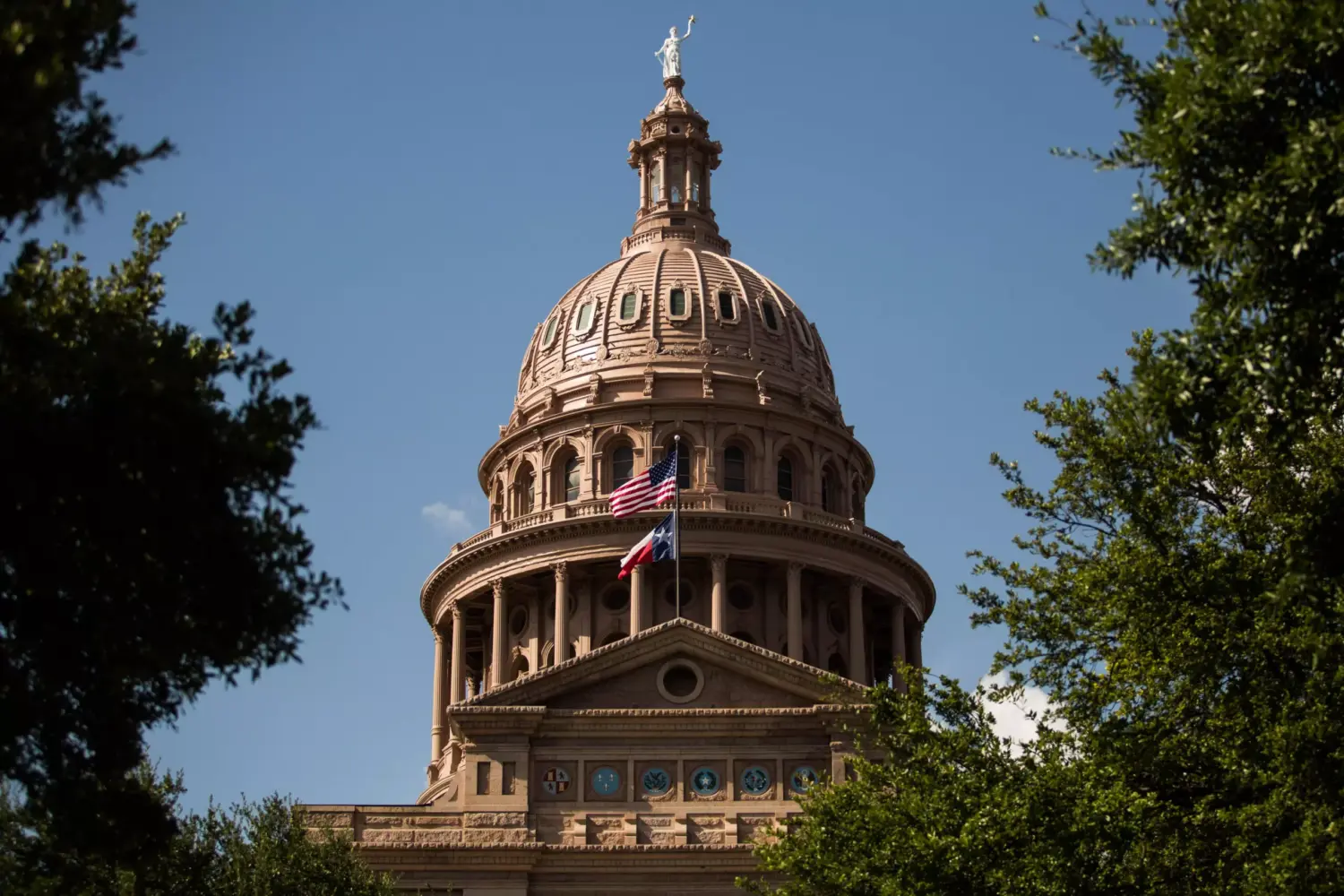Texas Legislature Wraps Up 89th Session with Key Environmental Bills
The Texas Legislature has concluded its 89th session after 140 days at the Capitol in Austin, passing over 1,200 bills. Among these were several significant pieces of legislation focused on energy and the environment, which, pending a veto from Governor Greg Abbott, will soon become law in Texas.
A Push for Water Security and Wildfire Resilience
At the beginning of this year’s legislative session, Governor Abbott emphasized water as one of his top priorities. He vowed to make the largest investment in water in Texas’ history, aiming to tap into new water supplies and repair pipes to save billions of gallons of water each year. This commitment is crucial given the projected 25% drop in groundwater availability by 2070, alongside an expected doubling of demand.
The Texas Water Development Board has highlighted the significant pressure on the state’s aquifers, particularly from farmers relying on groundwater for irrigation across the Texas Plains and Panhandle. However, there’s a shift in usage patterns, with municipal demand steadily increasing and expected to surpass irrigation needs. To address these challenges, Senate Bill 7 has been passed, allocating $1 billion annually to the Texas Water Fund for developing new water sources and enhancing old infrastructure. This move is seen as a lifeline for both farmers and growing cities.
Additionally, in response to the state’s largest-ever wildfire in the Panhandle last year, lawmakers passed Senate Bill 34. This bill aims to strengthen rural firefighting capacity, which largely depends on volunteers, by increasing potential grant funding and support for these departments. Both the water and wildfire bills are awaiting Governor Abbott’s approval.
Lawmakers Support Renewable Energy and Grid Investment
A key question during this session was whether Texas would impose limits on renewable energy. Proposals such as Senate Bill 715 and Senate Bill 388 sought to restrict the growth of wind and solar energy or make their development more expensive. Supporters argued this would help stabilize the grid, while critics warned it would increase costs. In a notable alliance, environmental, business, and renewable energy groups opposed these bills, leading to their failure.
Instead of limiting renewable energy, lawmakers approved a significant expansion of the Texas Energy Fund, allocating an additional $5 billion to build new power plants and fund grid resilience projects. This move underscores the state’s commitment to both cost efficiency and reliability in its energy sector.
Protecting Communities from Chemical Storage Facilities
In response to an industrial fire near Odessa that released "black sludge" into a neighborhood, Texas lawmakers have approved a ban on certain outdoor chemical storage facilities near homes. The fire at Permian Basin Containers in July 2024 raised concerns about the proximity of such facilities to residential areas, including potential groundwater contamination and noxious odors.
State Representative Brooks Landgraf proposed the ban, which was passed as House Bill 3866. This legislation prohibits "intermediate bulk container recycling" facilities from being located within 2,000 feet of private residences, aiming to protect communities from similar incidents in the future.
Conclusion
The 89th session of the Texas Legislature has seen significant advancements in environmental and energy policy, from bolstering water security and wildfire resilience to supporting renewable energy and protecting communities from hazardous chemical storage. These measures reflect a balanced approach to addressing the state’s growing needs while ensuring environmental stewardship and public safety. As these bills await Governor Abbott’s signature, they represent a promising step forward for Texas’ environmental and energy future.




